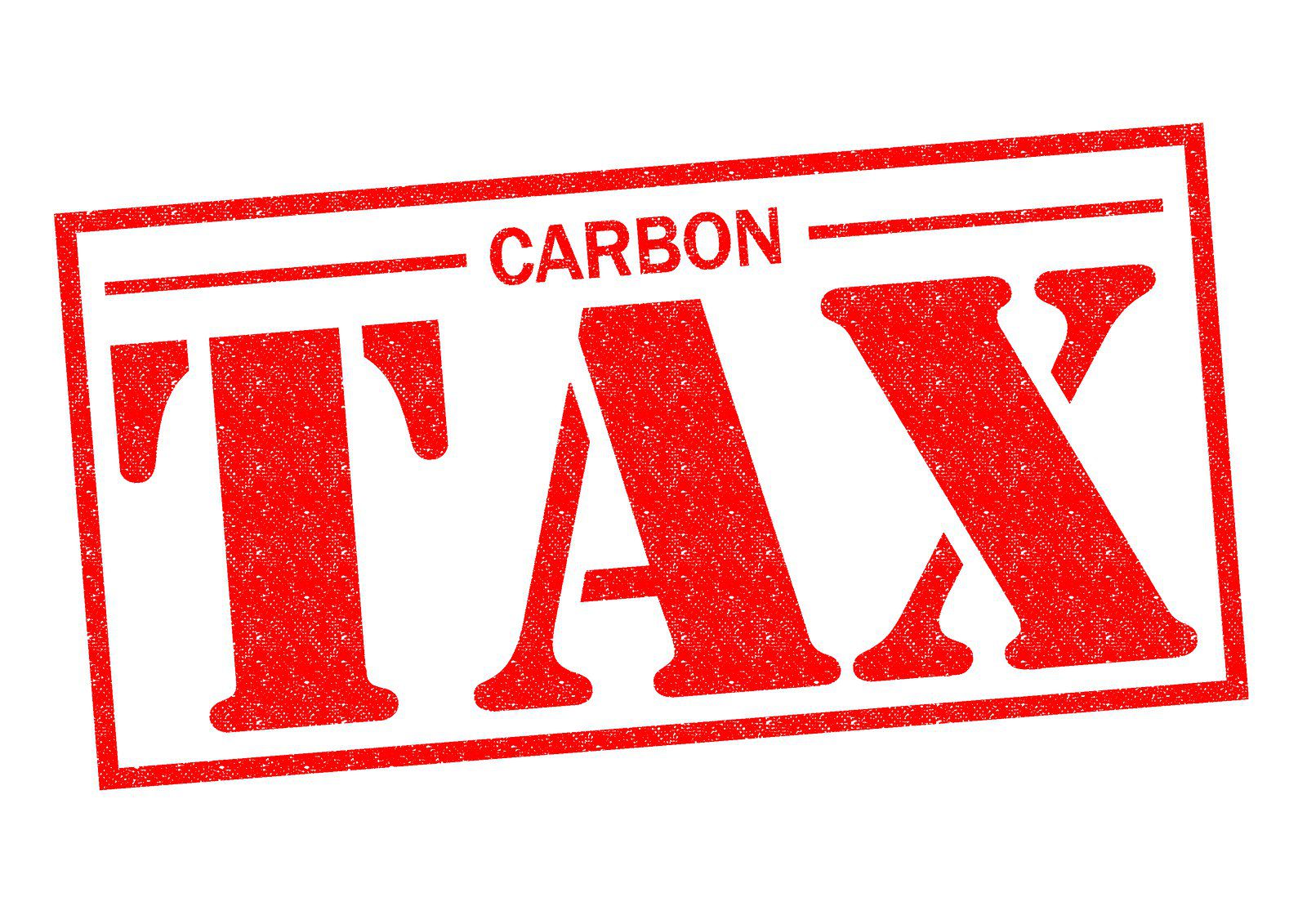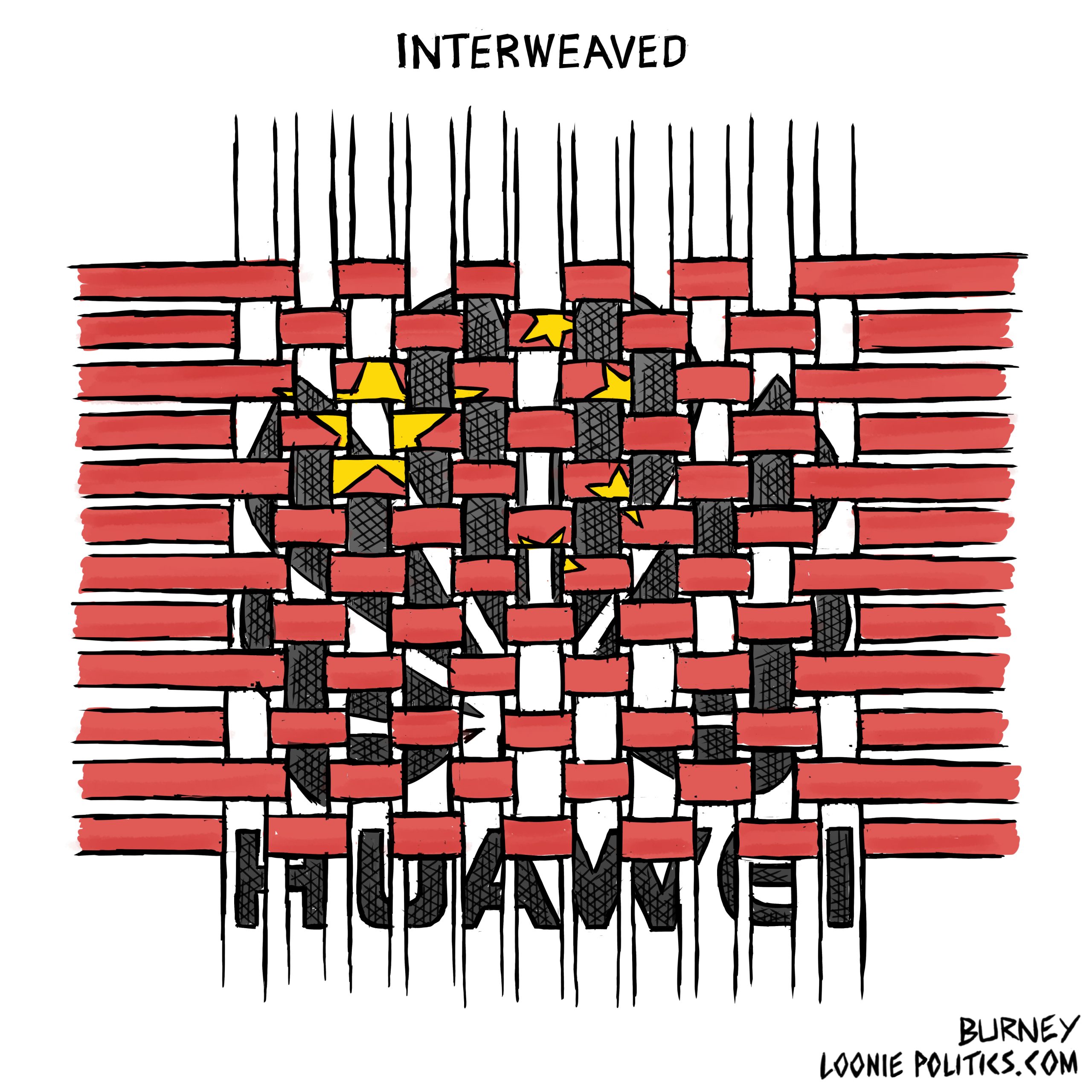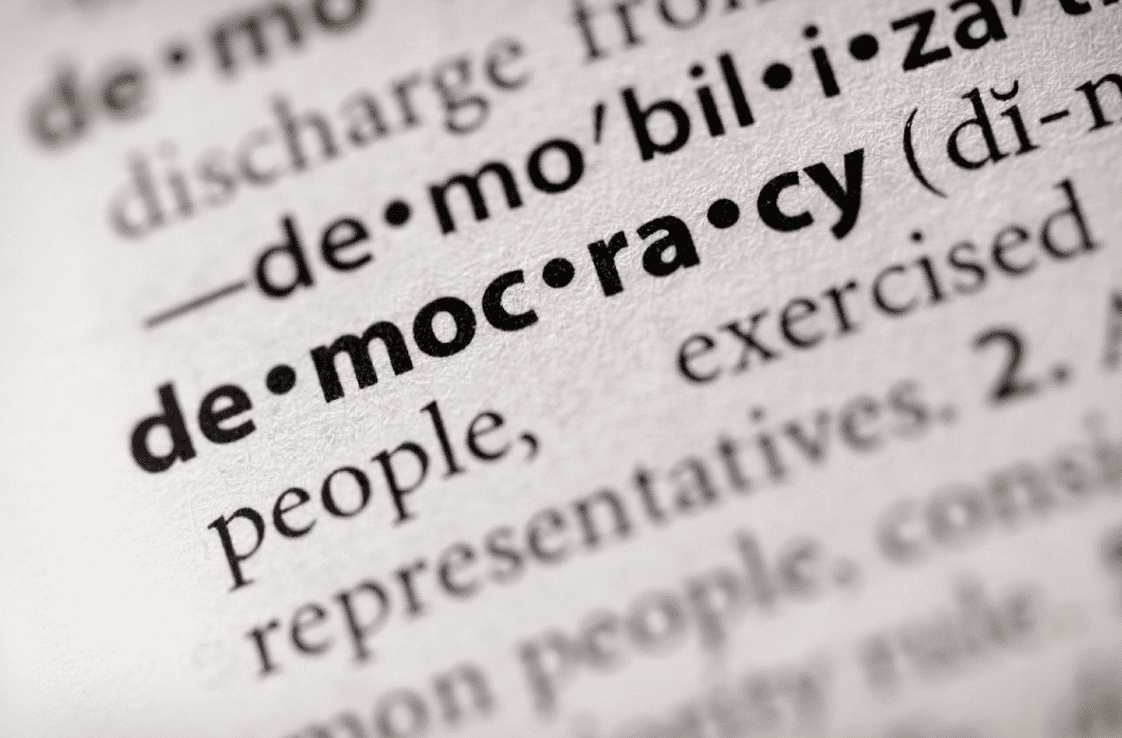Last week, the Parliamentary Budget Officer released a report that looked into the costs of federal carbon price backstop, and the rebates that Canadians would be receiving. It should not have been unexpected that he found that hey, the federal government has actually been pretty accurate in how they've described the system, and for those provinces subject to the federal carbon price because their provincial governments haven't instituted an equivalent carbon price of their own that the rebates they will be getting through their tax returns will be worth more than the majority of them will be paying into the system. A lot of time and careful planning went into the federal system. But as credible as the PBO's analysis has been, it hasn't stopped the lies about said carbon price from its opponents.
Within hours of the report being released, Conservative leader Andrew Scheer was already shitposting over Twitter that the report "confirmed" that families and small businesses will be paying the brunt of the price, citing the figure that 92 percent of the carbon tax revenue comes from people (insert Solent Green "it's people!" wail here), while only 8 percent comes from "Canada's worst polluters." And sure, the report says this, but it also talks about the Output Based Pricing System that large companies are subjected to (which is a separate carbon pricing system that deals with benchmarks), and it most especially excludes the rebates going back to households. Scheer can insist that he's not lying, but he's certainly not telling the truth by omitting all of the relevant facts that put his claim into context.
Saskatchewan Premier Scott Moe, meanwhile, insisted that the report was obviously wrong because it didn't deal with the indirect costs of the carbon price how much it will affect things like groceries or merchandise that gets trucked around, and so on. Err, except the PBO did look at that, and used Statistics Canada data to look at input and output costs, and figured out how those incremental costs would increase and lo, 80 percent of Canadian households still came out better ahead with the tax and rebate, and the PBO, Yves Giroux, clapped back at Moe over Twitter that Moe obviously hadn't read the report.
But with both Scheer and Moe's reactions to the report and many a Conservative were all over Twitter making the same false argument as Moe the truth almost doesn't matter because they're in the business of selling a narrative. That narrative is part of the populist construction that the government is putting "real people" (as Scheer's shitpost so clearly demonstrates) as those being put upon, while the elites (which include oil company CEOs who advocate for carbon pricing) don't care because they can afford these increases. Even when confronted with facts proper economic analysis from a non-partisan Officer of Parliament they simply ignore the conclusion and cherry pick the one or two lines that support their position, no matter that they were actually disproven, but they can still insist that the PBO said those cherry-picked lines, so therefore it's true.
Why we need to be especially on guard for this kind of narrative construction is to look at what happened in the Alberta election, where a diet of lies and snake oil had an angry population put its trust into promises that Jason Kenney has no hope of being able to deliver on, only for him to start playing statesman and putting on the air of sounding reasonable the moment he won the election. He'll never be able to deliver on his threat to "turn off the taps" to BC, because it's blatantly unconstitutional for him to do so, and if he legislates that the oil companies all curtail their production for that purpose alone (though good luck trying to legislate a curtailment that only affects a single pipeline), he'll find the industry ready to revolt after they are already sore from the curtailment that Notley instituted in order to get the massive price differential to narrow.
That we are less than six months away from the next federal election has me particularly concerned that Scheer will try and adopt Kenney's tactics make people angry, particularly through the lies and false constructions, and then sell them on snake oil promises that he can't actually deliver on. Not to say that the Liberals are perfect or indeed blameless their singular inability to manage issues or to communicate their way out of a wet paper bag has left them extremely vulnerable to someone who has abandoned all scruples when it comes to using the truth. But in paying attention to some the things that Scheer has been saying and promising lately, one gets that sense that he is taking from the playbooks of Kenney, and to a lesser extent the Trump campaign (though your mileage may vary on trying to look at how the differences present themselves). It started with the insistence that Scheer could somehow have gotten a better deal on the New NAFTA from Trump and gotten him to lift those steel and aluminium tariffs when everyone else failed, to promises that he'll totally have a better environmental plan that won't cost people anything (never mind that hidden costs are still costs), to this week's insistence that he could be tough in the face of Chinese aggression in Canada. It's laughable on the face of it, but people will believe it in spite of facts to the contrary.
All of this leaves the public in a particularly vulnerable place. The media did a fairly terrible job of explaining or framing the PBO's report, just as they have tended to let Scheer get away with his lies by simply employing the both-sides construction rather than calling out falsehoods for what they are. When you saw them repeating Kenney's claims in the Alberta election as being plausible when they weren't (for example, that the federal government didn't invoke Section 92(10)(c) of the Constitution was treated as though it was a Thing and not a magic wand that doesn't actually exist), they give weight to the lies. And unless the media at large shapes up its coverage in this election, we're going to have a real problem in sorting fact from fiction, and what promises are snake oil from those that are legitimate.










